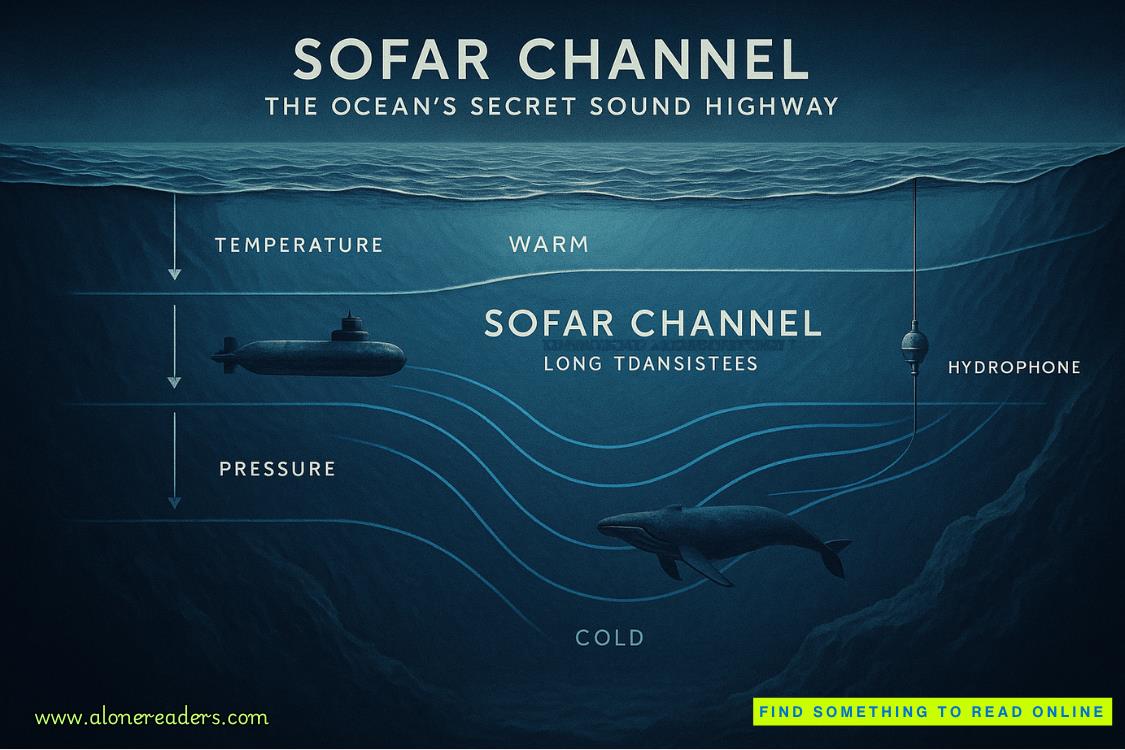"Yes."
"And you're just . . . letting it go?"
"No. You're cleaning up the glass, eating dinner properly, and going to bed at a reasonable hour. Tomorrow you'll help me install the new TV I'll have delivered. You'll learn how to mount it properly, how to run the cables, how to fix what you broke instead of just breaking more things."
She stared at me like I'd started speaking ancient Sumerian. "You want to teach me home repair?"
"I want to teach you that destroying things has consequences beyond getting hurt. Now get dressed. Bear's been hiding under the bed since you started throwing things, and he needs to know you're okay."
The mention of Bear changed everything. Her whole posture shifted from defiant prisoner to worried mother. She wrapped the towel around herself and hurried to the bedroom, calling softly for the puppy.
I surveyed the destruction in my living room. Three thousand for the TV, maybe fifty for the glasses, nothing for the books that could be picked up and reshelved. But the look on her face when I'd refused to hit her—that moment of complete confusion when violence didn't follow violence—that was worth any amount of property damage.
She emerged fifteen minutes later in dry clothes (mine, of course), Bear cradled in her arms. She surveyed the destruction she'd caused with something that might have been shame.
"I’m sorry. I'll clean it up," she said quietly.
"I know you will."
And she did, carefully picking up every shard of glass while I held Bear to keep him from helping. She worked in silence, methodical and thorough, cleaning up her explosion like it was a crime scene she needed to erase.
When she finished, she stood in the center of my damaged living room, looking lost.
"I don't understand you," she said finally.
"That's okay. You don't have to understand. You just have to follow the rules."
Themusicboxsatin pieces on my dining table, its delicate mechanism spread across a felt cloth like autopsy results. I’d decided to check out the internals after Eva had grabbed it. I wanted to make sure that the gear-powered swan would still turn smoothly when the box was opened.
Eva was curled in the corner of the couch with Bear, a book open in her lap that she hadn't turned a page of in twenty minutes. She kept glancing over, quick looks that she thought I didn't notice. The same way she thought I didn't notice she'd reorganized my bookshelf by color instead of alphabetically, or that she'd been using my expensive shampoo exclusively while leaving hers untouched.
I picked up the tiny screwdriver, barely larger than a toothpick, and began working on the stripped gear that was preventing the swan from turning. The mechanism should play Swan Lake—you could see Tchaikovsky's name etched in Cyrillic on the base—but currently it just made grinding sounds like bones breaking.
"What is that?" she finally asked, giving up the pretense of reading.
"Music box you almost broke." I held up the stripped gear to the light, examining the damaged teeth through my magnifying glass. "The mechanism is stripped. Someone wound it too tight, probably trying to make it play when it was already broken."
She set the book aside and padded over in bare feet. Bear followed, tail wagging, though he'd learned not to jump on the table when I was working with small parts.
"You actually fix these?" She stood at a careful distance, close enough to see but far enough to run. Always calculating exits, even after a week of relative safety.
"Like I said, I fix broken things," I said simply, using tweezers to extract a bent pin from the mechanism.
She came closer, suspicious but curious, drawn by the delicate work despite herself. "Why?"
I showed her the tiny gears, each no bigger than her fingernail, explaining how they connected in sequence. "This one turns the cylinder, which has these small pins that pluck the comb—these metal teeth here—creating the notes. One broken tooth, one bent pin, and the whole system fails."
"Seems like a lot of work for something that just plays music for thirty seconds."
"Most beautiful things are more work than they're worth." I realigned a gear, testing its movement. "That's what makes them beautiful."
She watched my hands as I worked with tools that could fit in a child's palm. The focus required was absolute—one slip and I'd damage it worse than it already was. It was the complete opposite of my usual work, where force and intimidation solved problems. Here, patience and precision were the only currencies that mattered.
"Where did you learn to do this?"
"My grandmother. She collected them in Moscow, before we came here. Had seventeen when she died, each one different. She taught me to maintain them, said it was important to preserve beautiful things in an ugly world."
"Very Russian of her."















